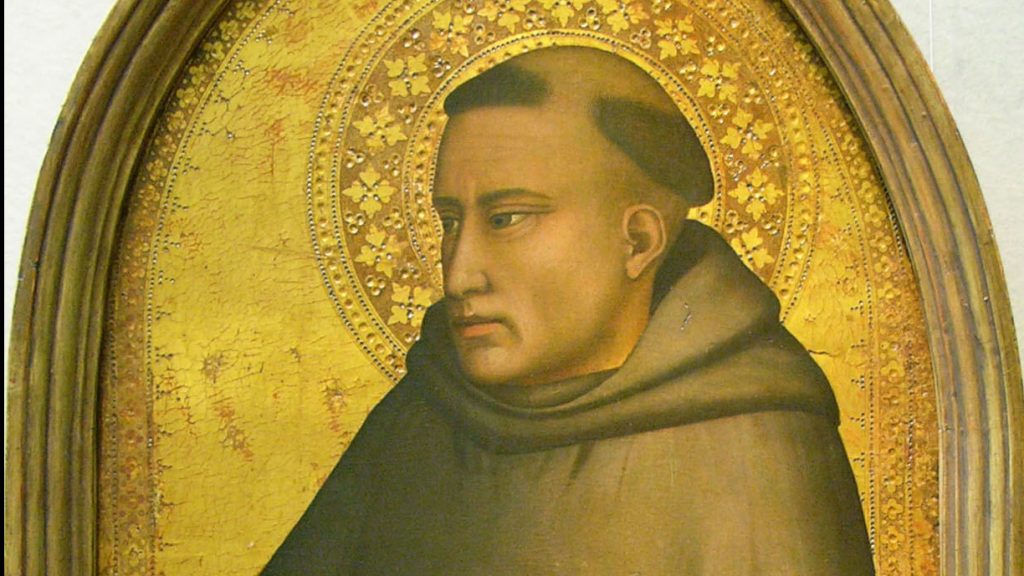St. Anthony of Padua is frequently called upon as the patron saint of lost items, but he was also the “Hammer of Heretics” who used his own life and his preaching as a great example for others in his time.
St. Anthony was born Ferdinand, in Lisbon, Portugal, in 1195. He decided to enter religious life at the age of 15, first living in a monastery of the Augustinian order near Lisbon.
In 1220, he decided he wanted to imitate the witness of the Franciscan friars, and follow the example of St. Francis, who was still alive at that time. He joined a small Franciscan monastery a year later, and took the name Anthony, after St. Anthony of Egypt, a desert monk from the fourth century.
Although he had a great knowledge of theology and Scripture, he served as a dishwasher in Assisi, near St. Francis, until he was forced to give a speech to Dominicans and Franciscans at an assembly. He then went on to teach theology in the Franciscan order in several cities.
Anthony had a reputation for working miracles, including eating a poisoned meal without harm after blessing it, and raising a group of fish from the sea to hear his preaching.
On June 13, St. Anthony died at the age of 36, and was canonized by Pope Gregory IX a year later.

